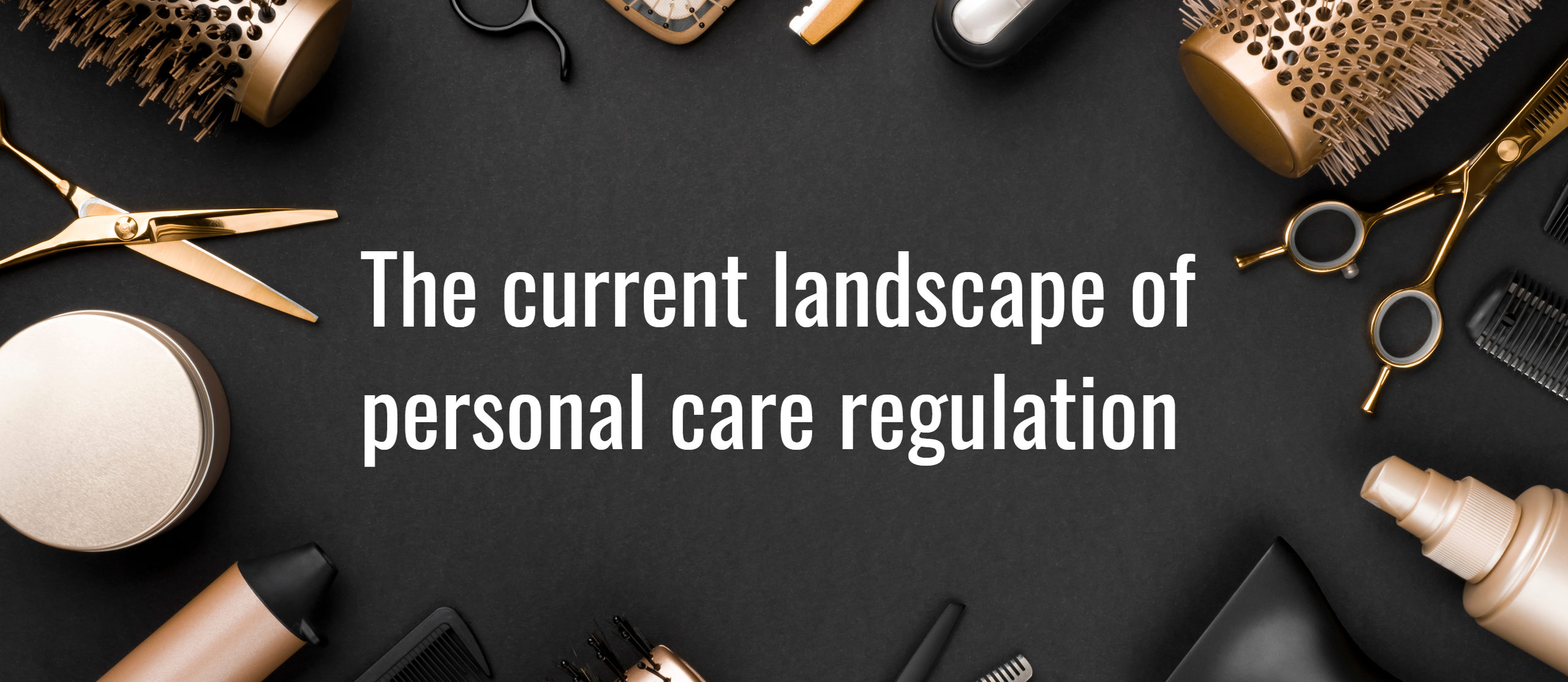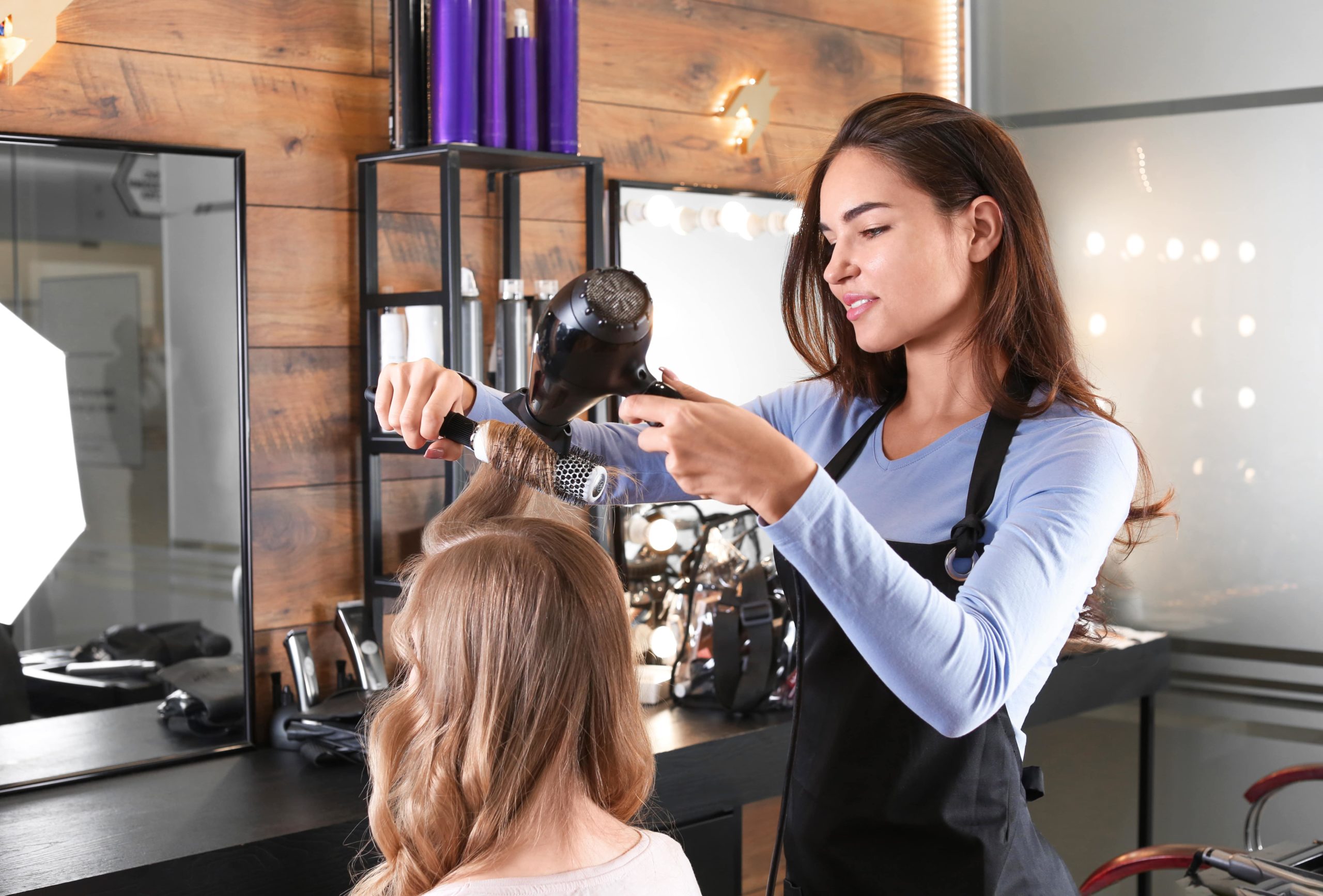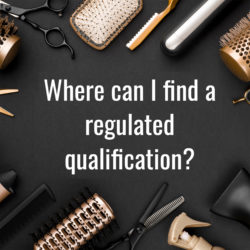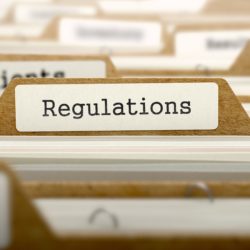Confused about regulated qualifications? We have created a short four-part series diving into the subject. Tackling what it is, what the benefits are and why you should make sure that your qualification is regulated.

The current landscape of regulation in the personal care sector
The Personal Care sector is quickly becoming one of the UK’s biggest industries. In fact, beauty, hair and fitness queries were some of the most Googled search terms during lockdown, reinforcing just how in demand these industries are.
And with this great demand comes a duty of care to ensure consumers receive the highest level of expertise – expertise that can be gained by way of formal, regulated qualifications.
 Whilst many regulated qualifications exist in the Personal Care sector, in the UK there is currently no statutory requirement for most practitioners to hold any formal qualifications to practise. This means that hairdressers, beauty and complementary therapists, makeup artists and fitness instructors can operate legally without any formal training.
Whilst many regulated qualifications exist in the Personal Care sector, in the UK there is currently no statutory requirement for most practitioners to hold any formal qualifications to practise. This means that hairdressers, beauty and complementary therapists, makeup artists and fitness instructors can operate legally without any formal training.
This disconnect between responsibility to consumers and statute is a significant one. According to a consumer survey conducted by BABTAC(British Association of Beauty Therapy & Cosmetology), 62% of people had no idea that the beauty industry has no formal regulation. Of those questioned, 87% want their beauty therapists to be fully qualified to practise.
Currently, only some treatments, such as Botox injections and cosmetic dentistry, must be overseen by a registered medical practitioner and are regulated by the Government Health and Safety Executive. Many other services lie within the remit of Local Authorities to govern and regulate, however, few authorities have used these powers to require practitioners to have a licence to practise.
This is part one of a four-part series. Keep an eye on our News page for more information on regulation in the personal care sector over the next couple of weeks.



